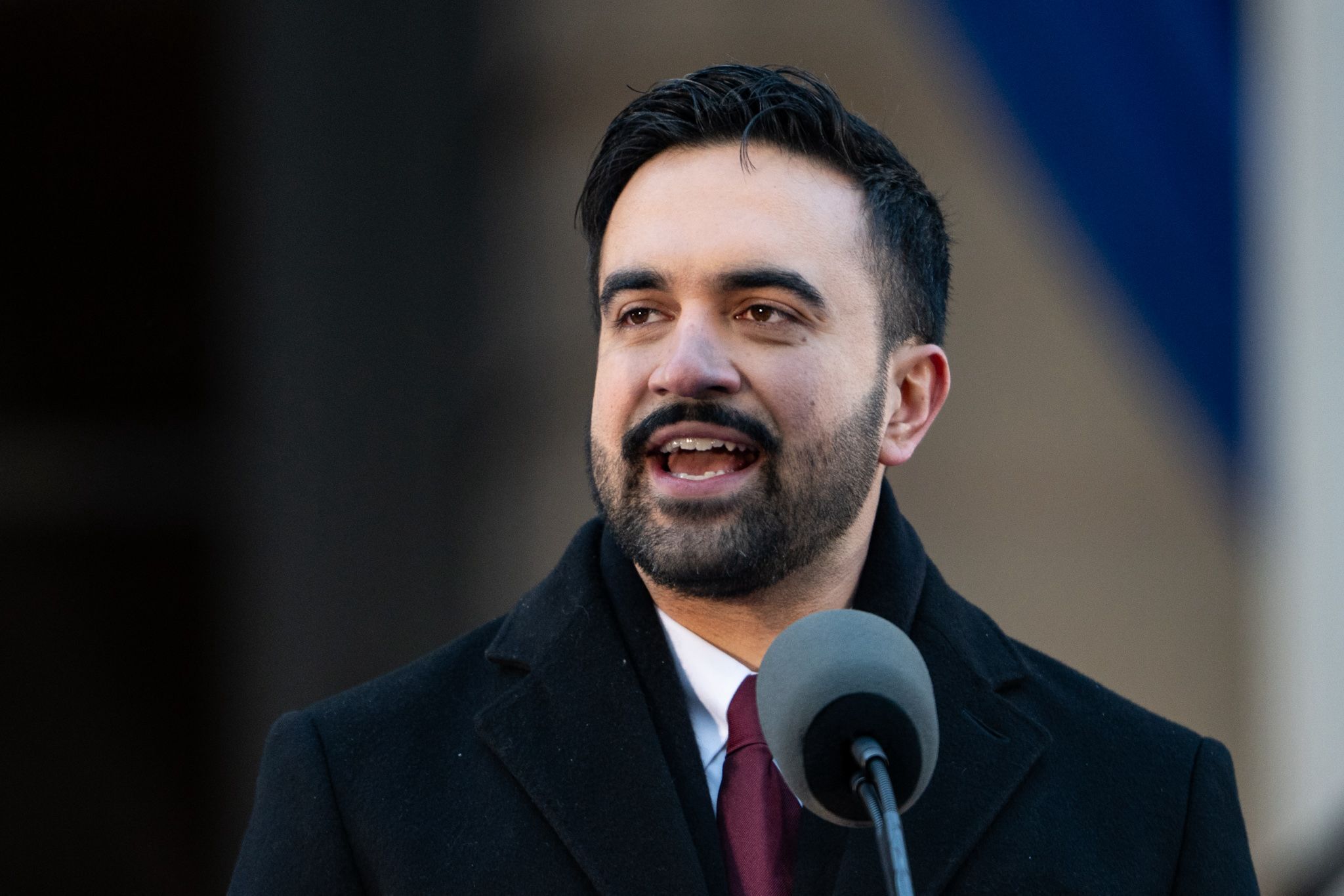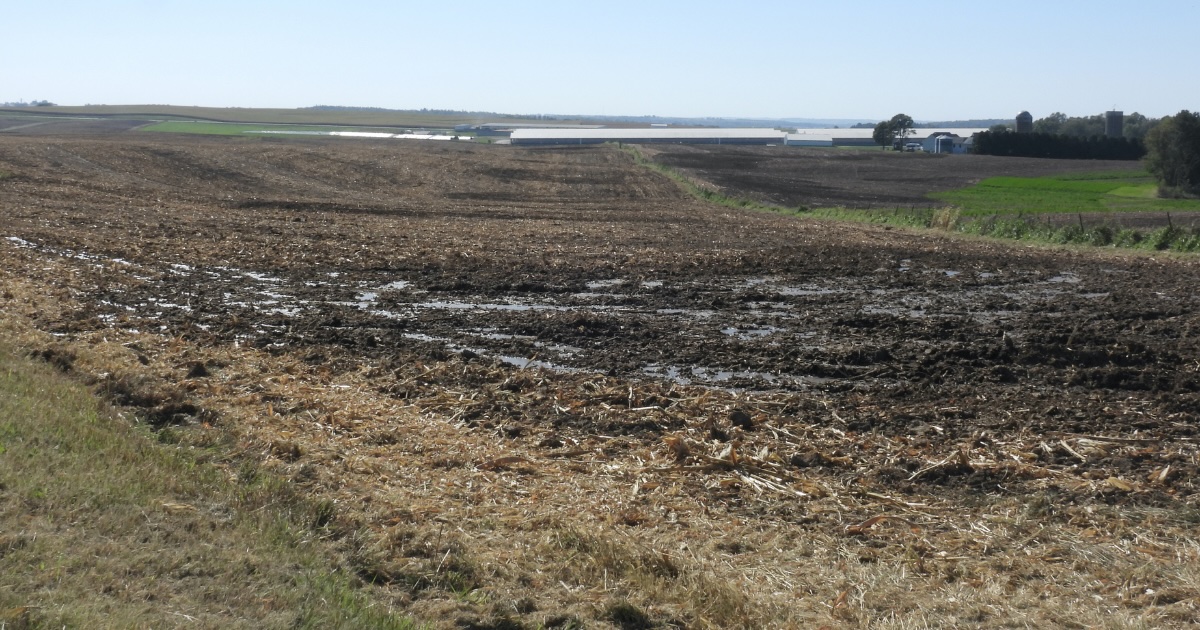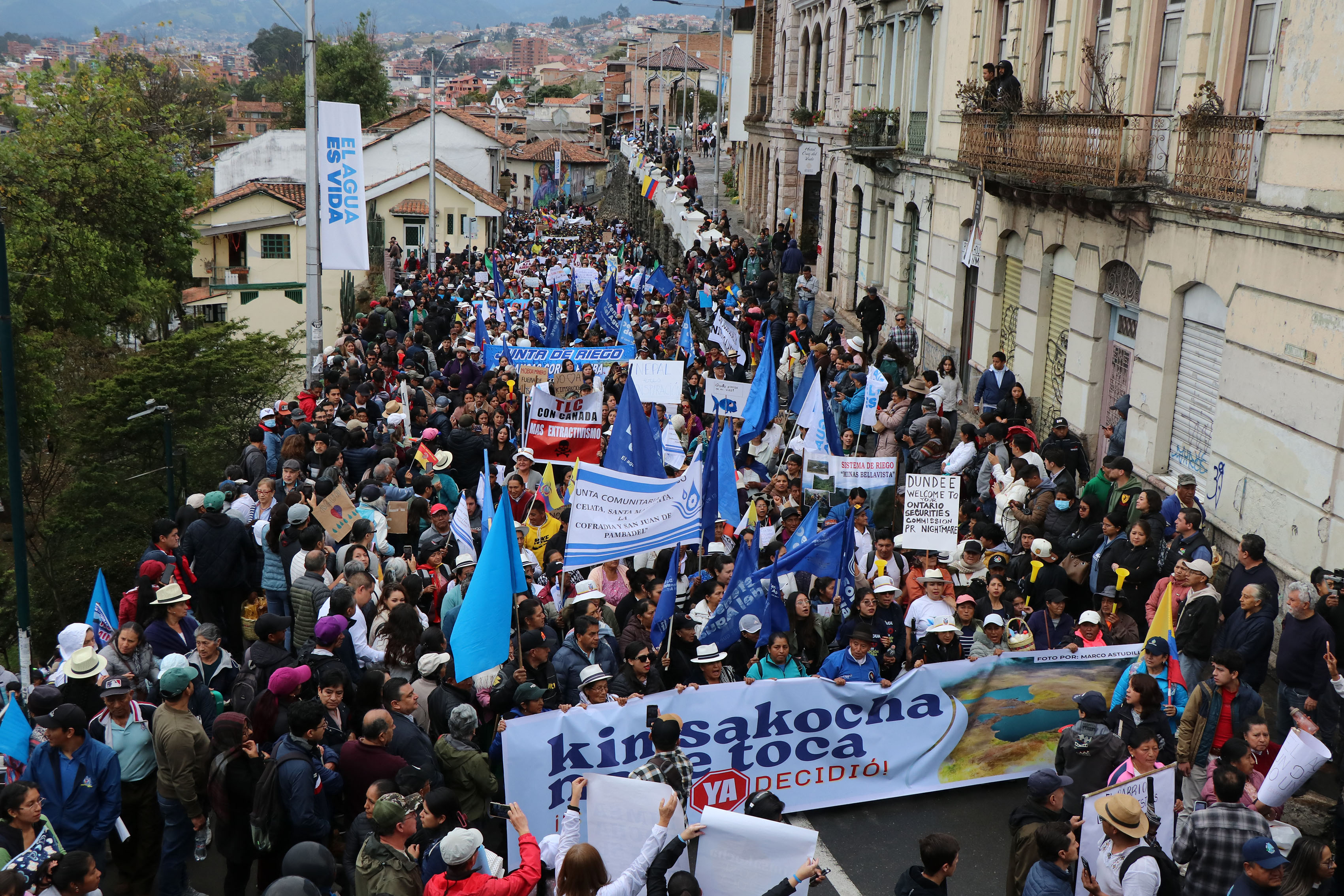A program meant to help low-income Alabamians pay their utility bills has resumed two weeks after it was canceled due to an executive order from President Donald Trump.
The Alabama Department of Economic and Community Affairs, which administers the grants, told Inside Climate News this week in a one-sentence email that it “has resumed the Low-Income Home Energy Assistance Program – Infrastructure Investment and Jobs Act.”
The department did not respond to multiple requests for more information or answer whether it had received guidance from the federal government to reinstate the program after numerous local and national media outlets reported on the story.
The controversy started when 255 households that get power from Huntsville Utilities in north Alabama received letters stating that a $100 credit they had received from the program had been “rescinded,” and that these households would have to pay back that amount on their next bill.
“… the grant you received for $100.00 on January 23, 2025 is no longer valid due to President Trump’s Executive Order to rescind the funding behind the grant,” the letter states. “The grant you received for $100.00 has been debited to your account and will be due with your next invoice.”
We’re hiring!
Please take a look at the new openings in our newsroom.
See jobs
The media reports focused on those 255 households, but the impact was much larger.
Mike Presley, a spokesman for ADECA, told Inside Climate News last week that “about 2,000” households in Alabama were in some stage of receiving those funds.
Presley said on Feb. 11 that ADECA was “awaiting further guidance from federal agencies on how to proceed.”
Joe Gehrdes, director of external affairs for Huntsville Utilities, told Inside Climate News on Friday that the federal funds have been restored to the 255 households that received the letters earlier this month.
“We can confirm the funds are reaching those affected by the previous pause,” Gehrdes said via email. “Our billing department has been in contact with our local Community Action Partnership, and everything is moving forward as originally intended.”
The Low-Income Home Energy Assistance Program is an effort by the U.S. Department of Health and Human Services, and Presley said $53 million of that funding would continue. However, the program received an additional $1 million through the Infrastructure Investment and Jobs Act, more commonly called the Bipartisan Infrastructure Law.
This story is funded by readers like you.
Our nonprofit newsroom provides award-winning climate coverage free of charge and advertising. We rely on donations from readers like you to keep going. Please donate now to support our work.
Donate Now
Presley said that $1 million was halted due to Trump’s executive order “Unleashing American Energy,” which directs agencies to “immediately pause the disbursement of funds appropriated through the Inflation Reduction Act of 2022 (Public Law 117-169) or the Infrastructure Investment and Jobs Act.”
It’s unclear at this time if or when ADECA received federal guidance to resume the program.
Daniel Tait, executive director of clean energy advocacy group Energy Alabama, said questions remain about why Alabama halted and then reinstated the program, while other states never rescinded the funds in the first place.
“We are glad to see that the 2000 or so Alabamians who were promised energy assistance will now get the help they need,” Tait said in an email. “It appears that the situation was limited to Alabama which raises questions about why our state withheld funds and our neighbors did not.
“Moving fast and breaking things is not smart energy policy and real people get hurt in the crossfire,” Tait said.
About This Story
Perhaps you noticed: This story, like all the news we publish, is free to read. That’s because Inside Climate News is a 501c3 nonprofit organization. We do not charge a subscription fee, lock our news behind a paywall, or clutter our website with ads. We make our news on climate and the environment freely available to you and anyone who wants it.
That’s not all. We also share our news for free with scores of other media organizations around the country. Many of them can’t afford to do environmental journalism of their own. We’ve built bureaus from coast to coast to report local stories, collaborate with local newsrooms and co-publish articles so that this vital work is shared as widely as possible.
Two of us launched ICN in 2007. Six years later we earned a Pulitzer Prize for National Reporting, and now we run the oldest and largest dedicated climate newsroom in the nation. We tell the story in all its complexity. We hold polluters accountable. We expose environmental injustice. We debunk misinformation. We scrutinize solutions and inspire action.
Donations from readers like you fund every aspect of what we do. If you don’t already, will you support our ongoing work, our reporting on the biggest crisis facing our planet, and help us reach even more readers in more places?
Please take a moment to make a tax-deductible donation. Every one of them makes a difference.
Thank you,

















